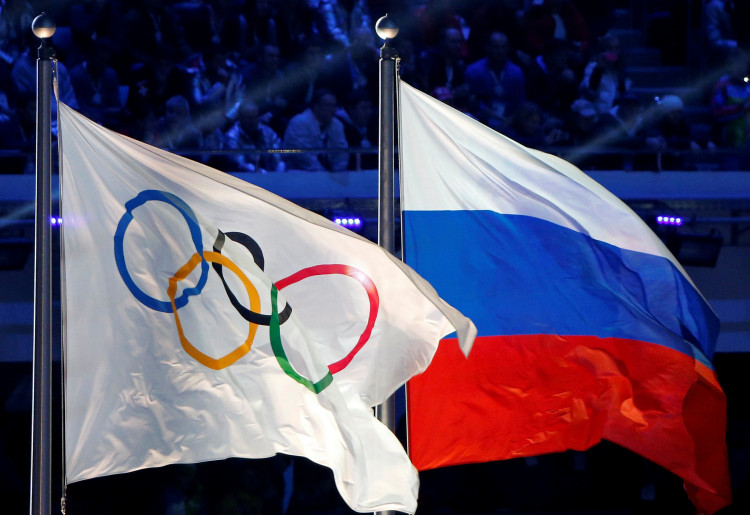The World Anti-Doping Agency (WADA) on Monday announced that Russia has been banned from international sports for four years, but some sports experts believe compromises will come around in the long run.
According to The Guardian, several sources with knowledge of the situation indicated that WADA may have already recommended a solution to allow Russian athletes to compete in global sports meets.
The scenario is similar to the 2018 Pyeongchang Winter Games, wherein Russia was officially banned in the region. However, 168 athletes were later allowed to join the games and as part of a compromise reached between the Russian government and the Winter Games arbiters.
Aside from potentially being given a reprieve should athletes prove they are not in any way linked to the Russian government's doping the program, the country has not been banned yet from hosting eurozone sports festivals such as the one happening next year.
Russian sports minister, Pavel Kolobkov, said shortly after the ban was announced that the country will ultimately appeal against WADA's decision. It is unclear when the appeal will be submitted or if the two sides will come to an agreement for athletes who want to complete in the 2020 Olympics.
The country has 20 days from Tuesday to accept WADA's decision or appeal it with the Court of Arbitration for Sport (CAS).
As for the FIFA, the football organization noted that it has yet to "clarify the extent of the decision" with WADA. The statement came amid questions on whether Russia will be allowed to compete at the 2022 World Cup.
According to CNN, WADA's Compliance Review Committee (CRC) already laid out several potential sanctions on the country after the Russian Anti-Doping Agency (RUSADA) allegedly failed to completely cooperate with WADA's investigative initiatives on Russian sports segments.
Whistleblower Dr. Grigory Rodchenkov praised the regulator's efforts in pressuring Russia to adhere to international sports laws. He called the decision a "monumental" one, adding that through the move, "clean athletes will be better protected."
The call for a ban on Russia came late last month after WADA kicked off investigations earlier this year over whistleblower data alleging that Moscow tampered with some laboratory results of its athletes.
Even before Rodchenkov's claims emerged, there were already reports alleging that Moscow allowed its athletes to use dope during the Sochi Games and the act were covered up by the government.
The latest developments are expected to keep talks alive regarding stricter regulations on sports festivals, especially to protect athletes who retain honesty about their physical and medical conditions. Russia has yet to officially confirm if it will appeal the WADA decision.





